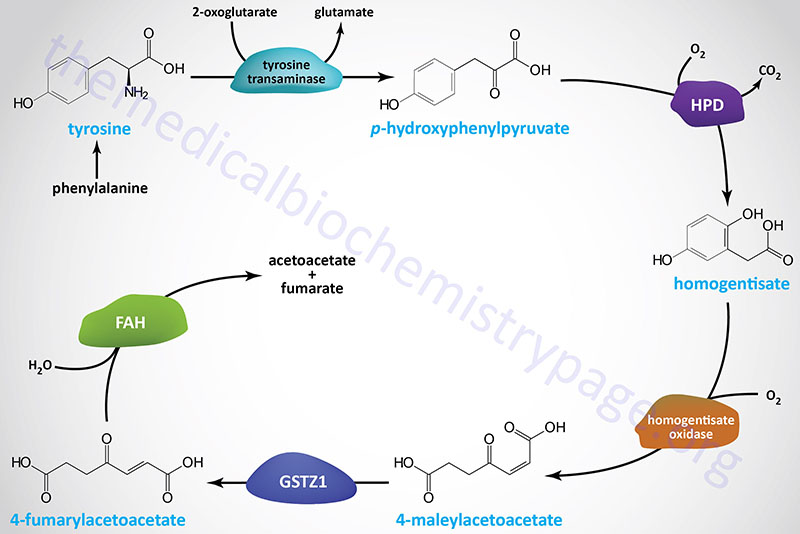
Has you or a loved one been diagnosed with Tyrosinemia? Understanding how this rare metabolic condition affects the body can help in managing it better. This blog is specially written for patients, caregivers, and those who are looking for reliable and simplified information about Tyrosinemia, including its types and symptoms.
Tyrosinemia is not a commonly known condition, but for the people and families affected by it, gaining awareness is the first step toward better outcomes. Let’s explore what happens in the body when Tyrosinemia develops and how different types—especially Tyrosinemia Type 1 and Type 2—impact health.
What Is Tyrosinemia?
Tyrosinemia is a rare inherited disorder that affects how the body breaks down an amino acid called tyrosine. Tyrosine is found in most proteins we eat and is important for the production of hormones, enzymes, and skin pigment. In people with Tyrosinemia, the enzymes responsible for breaking down tyrosine do not work properly.
As a result, tyrosine and its toxic byproducts start to build up in the body. This accumulation can damage various organs, especially the liver, kidneys, and nervous system, depending on the type of Tyrosinemia.
There are three main types:
Tyrosinemia Type 1 (HT-1) – the most severe and common form.
Tyrosinemia Type 2 – a milder form with different symptoms.
Tyrosinemia Type 3 – extremely rare and the least severe.
This blog focuses mainly on Type 1 and Type 2, as they are the most clinically significant.
Tyrosinemia Type 1: The Most Severe Form
Tyrosinemia Type 1 is caused by a deficiency of the enzyme fumarylacetoacetate hydrolase (FAH). This enzyme is the last step in the breakdown of tyrosine. When FAH is missing or not working, toxic substances like succinylacetone accumulate in the liver and kidneys.
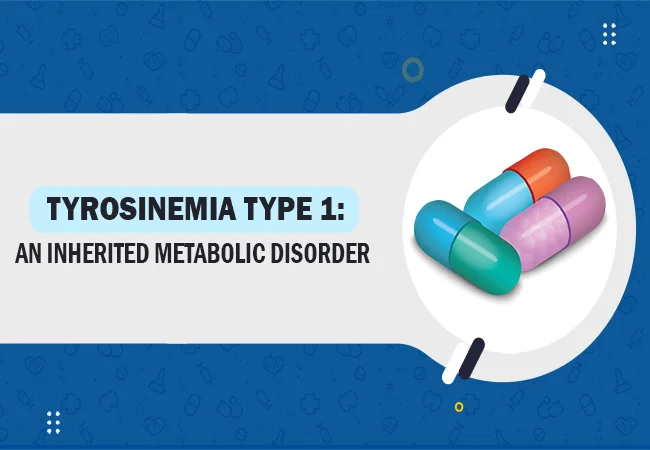
How It Affects the Body:
Liver Damage: One of the earliest and most serious effects. The buildup of toxins can cause hepatomegaly (enlarged liver), cirrhosis, and even liver failure if left untreated. It also increases the risk of liver cancer.
Kidney Problems: Succinylacetone can harm kidney tubules, leading to renal dysfunction, which affects how the body maintains salt, water, and essential nutrients.
Neurological Symptoms: Some children experience episodes of pain, weakness, or changes in consciousness, especially if succinylacetone builds up in the nervous system.
Growth Issues: Affected children may struggle to gain weight and grow normally.
Rickets: A condition where bones become soft and weak due to kidney-related vitamin D issues.
Symptoms usually begin in the first few months of life, but early treatment with NTBC (nitisinone) and a special diet can significantly improve the outlook.
Tyrosinemia Type 2: A Different Set of Challenges
Tyrosinemia Type 2 is much less severe than Type 1. It is caused by a deficiency of the enzyme tyrosine aminotransferase (TAT). This leads to high levels of tyrosine in the blood and affects different parts of the body—mostly the eyes, skin, and brain.
Common Symptoms:
Eye Irritation: Painful redness, tearing, and light sensitivity, often due to corneal ulcers.
Skin Lesions: Painful, thickened patches on the palms and soles.
Developmental Delays: Some individuals may experience intellectual disabilities or learning difficulties.
Unlike Type 1, Type 2 usually does not affect the liver or kidneys. It may show up later in infancy or early childhood.
The good news is that this form often responds well to a low-tyrosine, low-phenylalanine diet, which helps control symptoms and prevents complications.
Why Early Diagnosis Matters
Early detection is crucial, especially for Tyrosinemia Type 1. Newborn screening in many countries includes a test for succinylacetone, which can help catch the disorder before symptoms appear. Starting treatment early—usually within the first month of life—can prevent irreversible liver damage and other complications.
Treatment typically includes:
NTBC (nitisinone): This medication blocks the formation of toxic substances by halting the breakdown of tyrosine earlier in the pathway.
Special Diet: A protein-restricted diet low in tyrosine and phenylalanine is essential to avoid excess tyrosine in the body.
Regular Monitoring: Liver function, blood tyrosine levels, and overall growth must be tracked consistently.
For Type 2, while the treatment is less intensive, diet remains the cornerstone of care.
Living with Tyrosinemia: What You Should Know
Receiving a diagnosis of Tyrosinemia can be overwhelming, but with the right medical team and nutritional support, people with this condition can live healthy, fulfilling lives. Here are a few key things to keep in mind:
Lifelong Management: There is no cure, but consistent treatment helps prevent complications.
Stay Informed: Understanding how the disease affects your or your child’s body helps you make informed decisions.
Nutrition Support Is Vital: A metabolic specialist and dietitian can help tailor meals to ensure all nutritional needs are met without triggering symptoms.
Routine Tests Are Important: Regular blood tests, imaging, and liver function checks help keep the condition in control.
Support groups and online communities can also provide emotional support and real-life advice for navigating life with a rare condition like Tyrosinemia.
Final Thoughts
Tyrosinemia is a serious yet manageable condition when diagnosed early and treated consistently. Whether you’re a patient, parent, or caregiver, knowing how the disorder works in the body, especially in forms like Tyrosinemia Type 1 and Type 2, can help you take better control of the situation.
With advances in screening, medication like NTBC, and medical nutrition therapy, the future for people with Tyrosinemia is much brighter than it was a few decades ago.
If you suspect any symptoms or have a family history of this condition, don’t hesitate to consult your healthcare provider or a genetic specialist. Early action can make a world of difference.

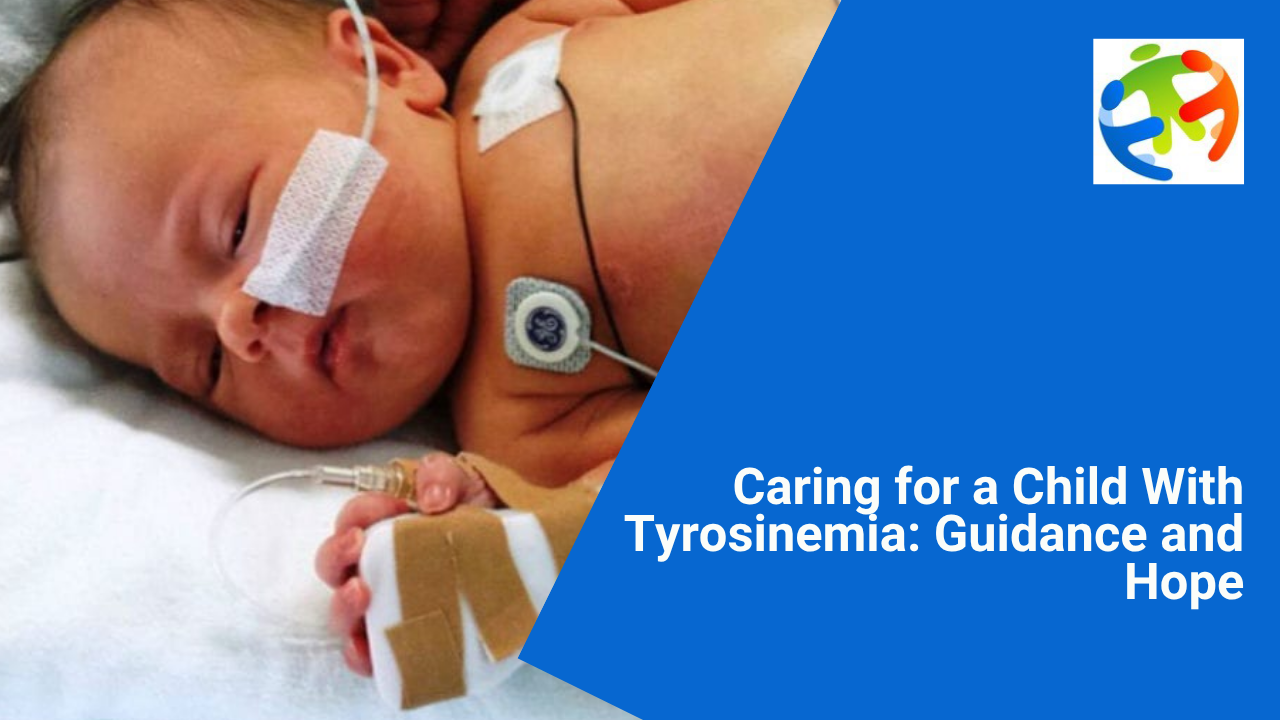
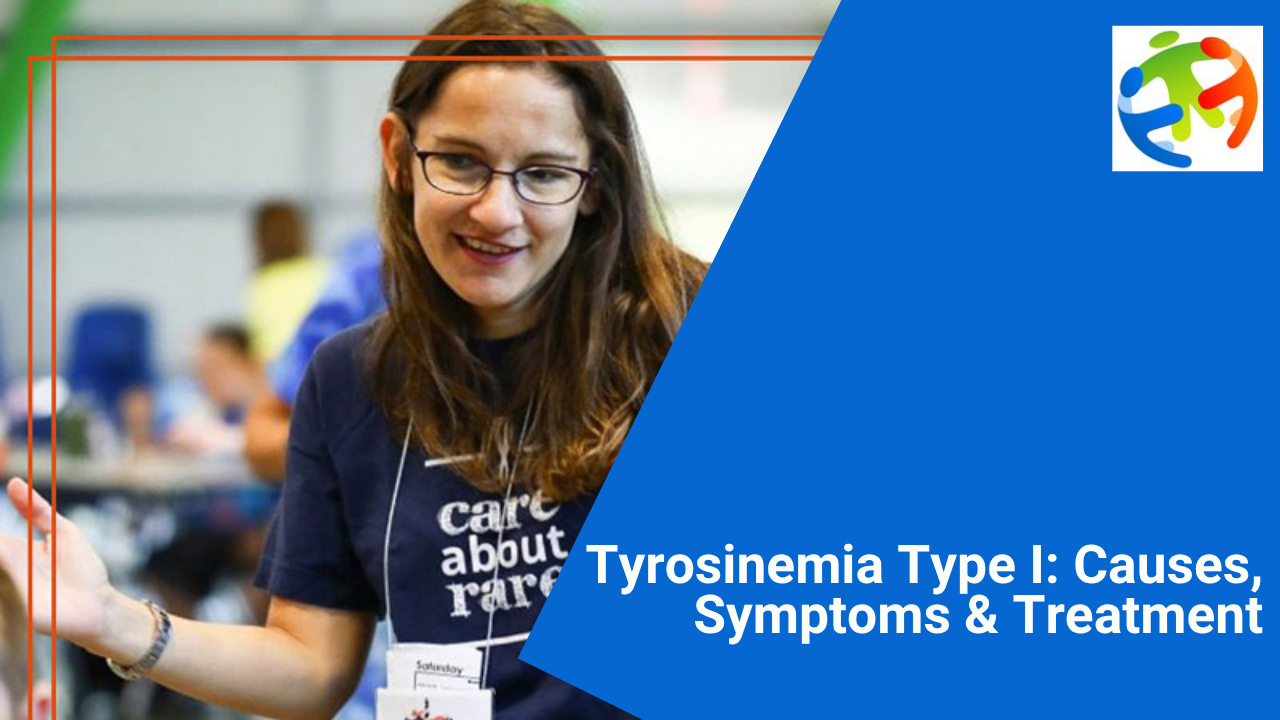
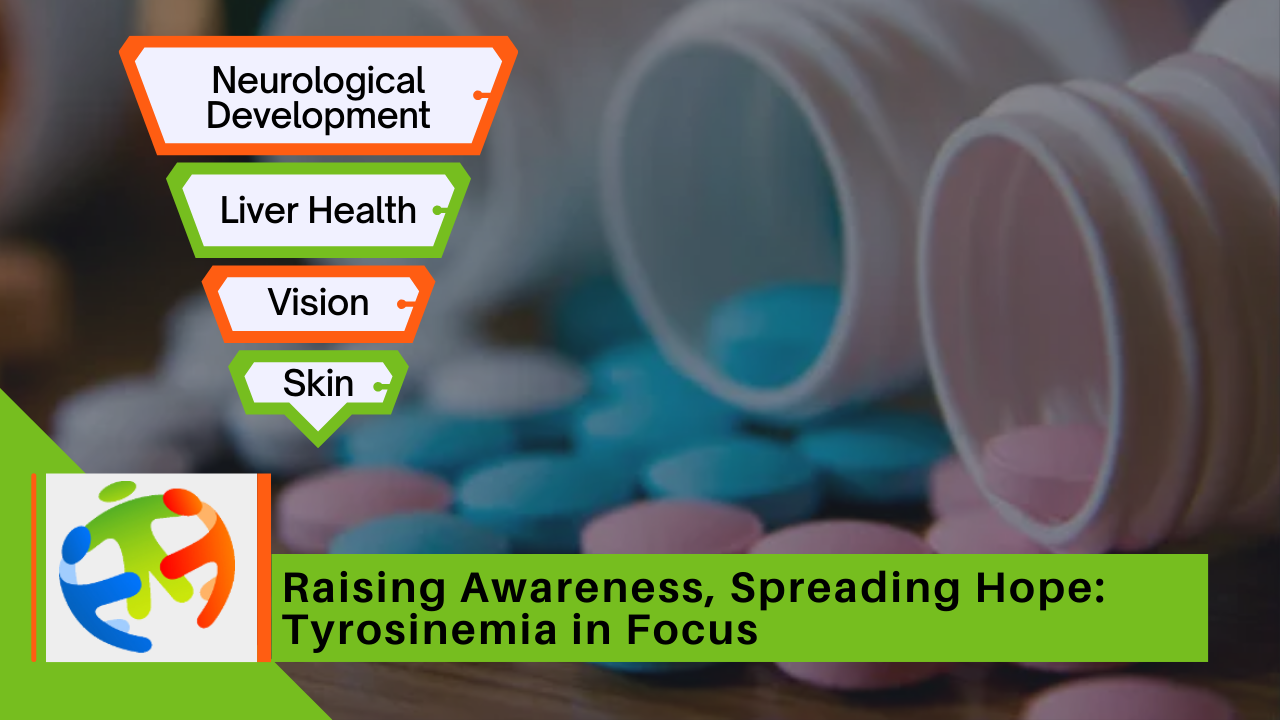

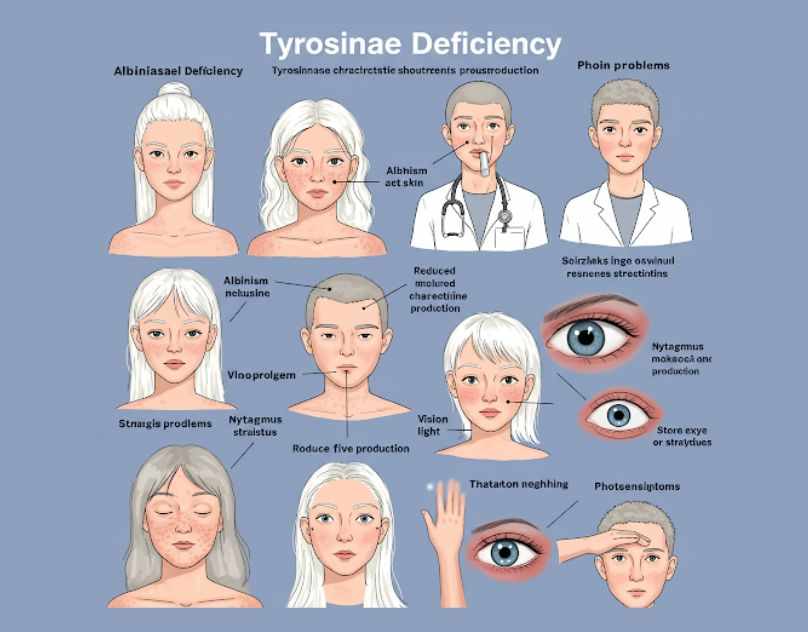

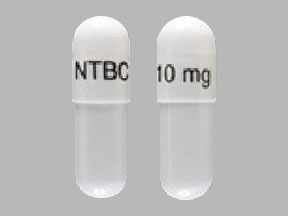




Write a comment ...